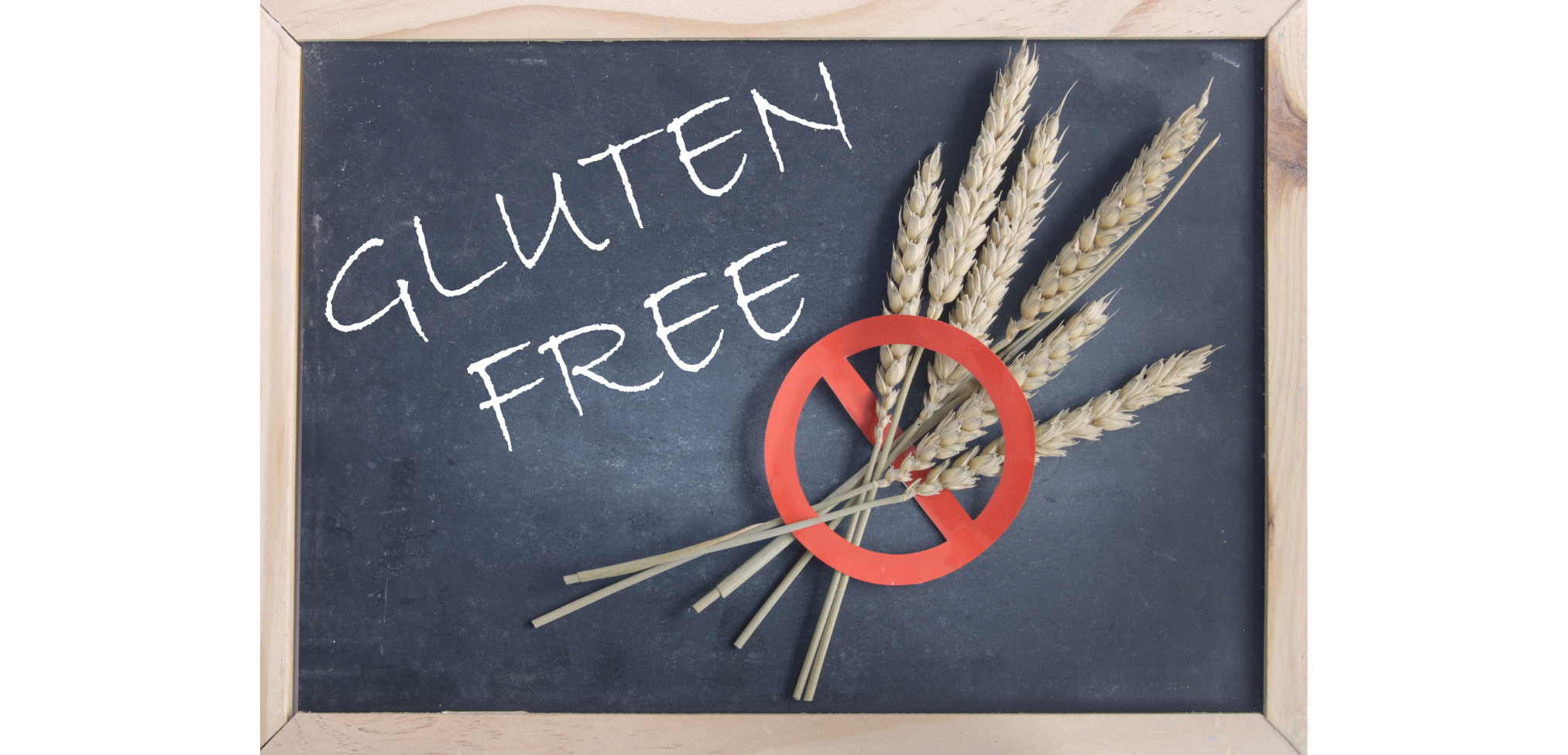Summer “Do’s” and “Dont’s
Summer is here and we're all ready to enjoy days at the pool and sunny warm weather. Dr. Palermo shares some of her secrets to make this season your best! Don’t Put on Sunscreen… At least for the first twenty minutes, you are in the sun. Vitamin D deficiency is common with over 80% of Americans being deficient. This is a result of our overreaction to the risk of skin cancer with sun exposure. Vitamin D is important for adequate immune function and control of inflammation, neurological and cardiovascular function, bone-building, fighting depression, and most importantly, fighting and preventing many kinds of cancer. The body produces it Vitamin D with exposure to the sun and sunscreen blocks this process. UVB rays, (not UVA rays which lead to aging...









